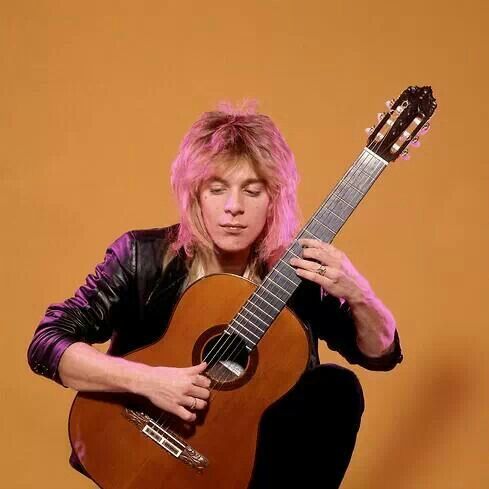|
RobF -> RE: The truth about playing (flamenco) guitar (Mar. 31 2021 19:18:38)
|
quote:
I just read about the saxophone being the closest to the human voice. I think it's a very good idea to emulating cantaor's voice using saxophone.
I think, for the player, the violin and viola are closest, due to their proximity to the larynx while playing. The visceral feedback* creates a loop which is going to lead the player towards some level of vocalization in their execution, even if subconsciously. Perhaps, for the listener, the reed instruments may approach it due to their tonality and having their sound produced by breath. Guys like Coltrane sure pushed the concept, no doubt about that.
But I think you may be misunderstanding my point. Flamenco saxophonists are likely as rare as hen’s teeth, so I’m not sure how easy it would be to find a saxophonist outside of Spain with the requisite background to be able to perform the task. Especially one who would be willing to work with a student level guitarist.
There are more violinists available, it seems to be a trend, but the nature of the instrument tends to lead them towards playing falsettas in lieu of the guitar, rather than mimicking the vocalizations of cante. In other words, they are performing the response, rather than the call. At least, that’s what I’ve seen in my (limited) experiences, it might be different elsewhere. I’m not going to claim to be the last word on this, that’s for sure.
* I’m not sure if that’s the right term for what I’m trying to say, which is that the instrument’s vibrations are felt in the throat which leads the player to experience a sense of vocalization, however unconscious.
|
|
|
|

